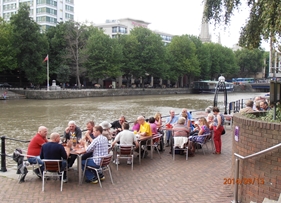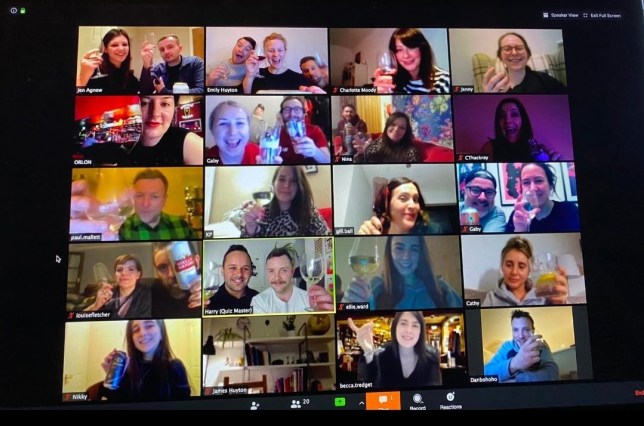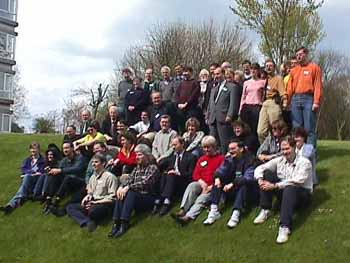|
RI: IceCube: the coolest way to detect neutrinos
Thu 27 Jan 2022
at 19:00 to 20:30
Meeting / Address:
https://www.rigb.org/whats-on/
Tickets / Register:
Basingstoke IVC Science and Climate Group invite you to this free Royal Institution talk titled "IceCube: the coolest way to detect neutrinos" ADVANCE BOOKING IS REQUIRED FOR THIS TALK. Please register for the event via this link: https://www.rigb.org/whats-on/events-2022/january/public-icecube-the-coolest-way-to-detect-neutrinos The RI will have the replay of the video available for 72 hours after the event for those of you that can’t make the date. It will also be uploaded to YouTube in the future. This is a livestream event where the speakers and audience come together online. SUMMARY: The aptly named IceCube collaboration, a huge telescope buried in the crystal clear ice of Antarctica, has been running for 10 years. It’s there to detect neutrinos, an almost undetectable particle. Join Jenni Adams as she discusses how these neutrinos could be the key to finding some of the highest energy sources in the Universe, some a million times more energetic then our sun. In this talk, Jenni explores how neutrinos are cosmic messengers that can travel through the Universe. Why they barely interact with anything they pass through and the precise instruments and machinery required to detect them. This event is particularly suitable for ages 13+ SPEAKER: Jenni Adams research is in the areas of astroparticle physics and cosmology. Astroparticle physics involves research at the interface of astronomy and particle physics. It is a synergy which operates in both directions; particle physics is applied to better understand astrophysical objects as well as using the Universe as a laboratory for high-energy physics. Jenni's interests are in both theoretical and observational aspects. Recent theoretical work has focussed on the oscillations of neutrinos escaping from supernovae, probing AGN models using gamma ray observations and supersymmetric dark matter models.
Contact Details:
The Royal Institution (promoted by Bob Clifford, Basingstoke IVC Science & Climate Group)
|





